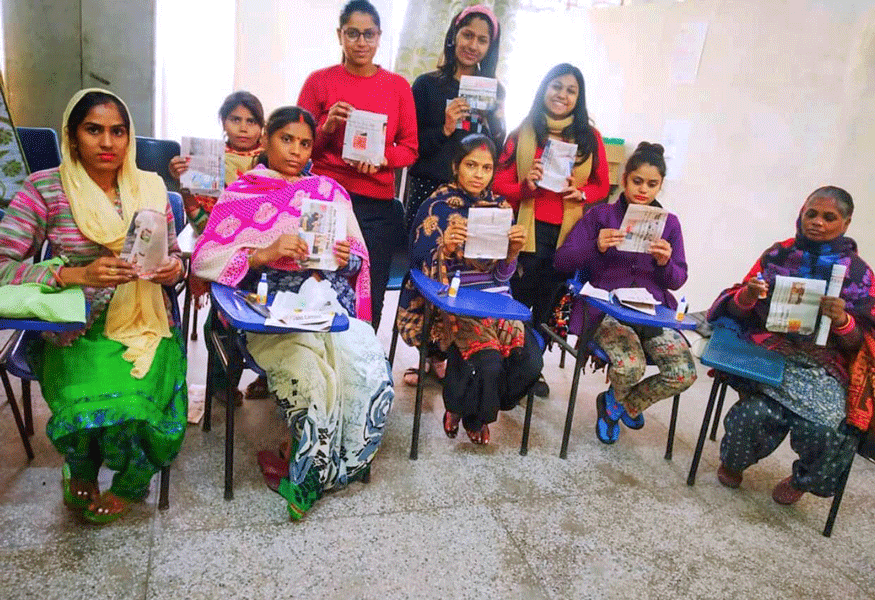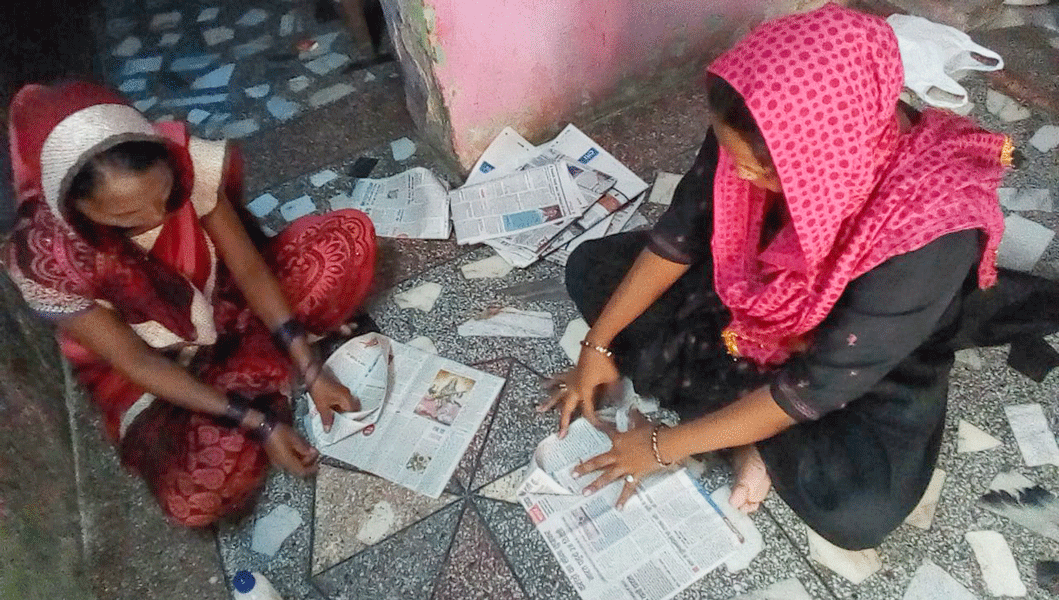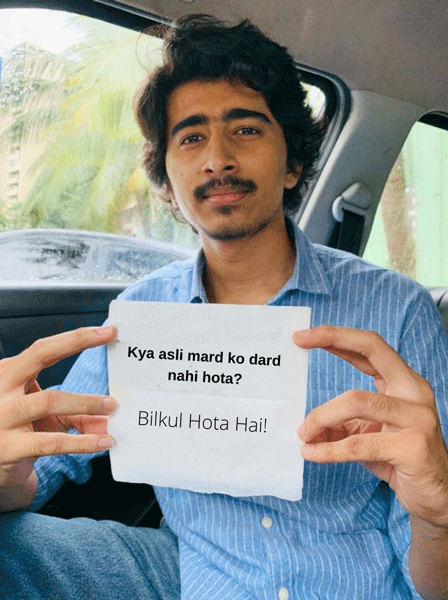Breaking gender stereotypes by engaging men
Chartered in 2016, the all-women’s club RAC Femina, RID 3011, has taken up a series of programmes under its flagship project Mardana: Men and Emotions, that works for women’s empowerment and ushering in a more equitable society. “Through our programmes we try to break the stereotypes and taboos associated with gender issues in our country,” says Ayushi Gupta, club president.
The three-phase project is being executed with great enthusiasm by Rotaractors. As this was a sensitive issue “we approached our male colleagues and family members for the first event — Let’s Express,” she says. On a paper, the participants were asked to write down what came to their mind first on hearing certain stereotype questions and assumptions. To one of the questions — Have you cried in public? — most of the men replied with a reluctant ‘yes’, while some said a less confident ‘no’. “All the answers went against the general assumption that men don’t cry in public. This event gave the participants a forum to talk about their pent-up emotions and how they truly feel about gender issues,” says project chair Mansi Yadav.
“It’s high time men change their attitude towards women. Harassing and hurting women nahi chalega. We want to show the real meaning of social responsibility because that is true masculinity,” says Sahaj Verma, president, RAC Outstanding Business Solutions, who participated in the Men ki Baat (Man Talk) webinar hosted in the second phase of Project Mardana. This was followed by an online Vent it Out event, a discussion and interview session on handling emotions, that highlighted the ill-effects of ‘toxic masculinity’.
“Some of the panellists narrated their experiences wherein they suffered the brunt-end of harsh masculinity. “Some of their experiences were eye openers. The fact that they get trolled for showing emotions or supporting women is disturbing,” says Mansi.

One of the participants, Charchit Garg from RAC Delhi Janak says the interactive session helped him “understand that it’s not desirable to live up to these false standards and notions” in order to confirm to the stereotypes. “We are not expecting to bring change overnight. But our project has a modest aim to change one man at a time by sustaining our Project Mardana in the years to come,” says Ayushi.
The event, Let’s Express, gave the participants a forum to talk about their pent-up emotions and how they feel truly about the gender issues.
Mansi Yadav
Project chair, RAC Femina
Anti-plastic drive
Parwaaz – Sapno ki Udaan, initiated in 2018, trained 35 women at a slum in Jahangir Puri, Delhi, in making paper bags as part of its anti-plastic campaign. “We collected waste paper from housing colonies for taking up this workshop in a big way. And we are happy to note that all the women got well-trained in the art of making paper bags which are environment-friendly,” she says. The Rotaractors also delivered the finished products to housing societies. Some of the paper bags including some colourful fancy bags made by women from Paschim Vihar and Azadpur slums sold at ₹150 a piece during Diwali last year and all the proceeds were given to the makers.

Digital literacy
Designed especially for women living in the slums, Vayask Saaksha spreads awareness on financial literacy and helped them understand government schemes, taxation and banking, including digital banking. “We live in a digital world and they need the knowledge to cope with times like these,” Ayushi points out. Sarla, a domestic help from Azadpur slum, has opened her first bank account and manages it over her smartphone. “Rotaractors taught us about Google Pay and Paytm and how to keep our bank information safe,” says the woman who now gets her salary on Google Pay. The financial literacy workshop also highlighted government schemes like MNREGA that offered minimum wage guarantees to rural underprivileged women.

